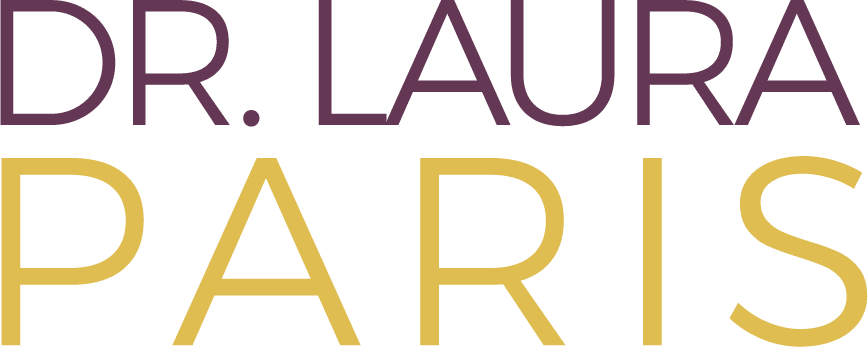Paleo Diet for Autoimmunity: Can Food Really Heal Your Autoimmunity?
Are you searching for a natural approach to managing autoimmune symptoms? As an autoimmune specialist for women, I’m often asked if diet can genuinely help alleviate autoimmune symptoms. My answer? A resounding “Yes!”
While dietary changes can’t cure autoimmunity, they can significantly reduce inflammation, relieve symptoms, and improve overall quality of life.
But which diet is best? I’m a big advocate for the Paleo diet when it comes to managing autoimmune conditions. In this post, I’ll share why the Paleo diet might be the right fit for you on your journey to reclaiming your health.

Paleo Diet for Autoimmunity: Eating Like Our Ancestors?
The Paleo, or Paleolithic, diet focuses on eating as our ancestors did before the Neolithic Revolution introduced farming. It emphasizes whole, unprocessed foods — think meat, fish, vegetables, fruits, and nuts. In contrast, the agricultural era brought regular consumption of grains, legumes, dairy, and other foods, which can contribute to immune reactions in some people.
Research suggests that proteins in certain modern foods may resemble structures in our own tissues. When your immune system attacks these food proteins, it may also mistakenly target similar tissues in your body, a process called molecular mimicry. This can trigger autoimmune responses and, unfortunately, lead to inflammation.
So, how does Paleo help? By focusing on whole foods that our ancestors ate, the Paleo diet minimizes exposure to these potentially problematic proteins, helping to reduce inflammation and support better health. Many people with autoimmune diseases report significant improvements in symptoms after embracing this approach.
“But I Don’t Want to Eat Like a Cavewoman!”
Don’t worry! Today’s Paleo diet isn’t about foraging in the woods; it’s about modern adjustments to a nutrient-dense, ancestral-inspired framework. Modern grains, legumes, and dairy products differ from what our ancestors consumed, with additives, pesticides, and genetic modifications that can further challenge the immune system. The Paleo diet provides a simple structure to guide us toward cleaner, nutrient-rich foods without needing to “go primitive.”
Paleo Diet for Autoimmune Health: Give It a Try!
This approach has solid scientific backing, anecdotal success, and a dose of common sense. A nutrient-rich, whole-food diet supports gut health and can help reduce the systemic inflammation that fuels autoimmune flare-ups.
But jumping straight into the Paleo lifestyle can feel overwhelming. It often helps to have a guide or supportive community to ease the transition. That’s where my free online community comes in — it’s a place where you can find encouragement and share tips on adapting this lifestyle.
Don’t Get Stuck in Elimination Mode
A common pitfall with the Paleo diet is staying indefinitely in the strict “elimination phase.” While removing inflammatory foods can initially offer relief, the goal is to reintroduce and expand your diet gradually to understand what works best for your body.
Fear of reintroduction is normal, but knowing your body’s tolerance levels is empowering. You don’t have to stay stuck in restriction mode forever; understanding what works for you brings freedom and clarity.
A Plant-Forward Paleo Diet: The Best of Both Worlds
The Paleo diet isn’t all about meat. A plant-forward approach — with a variety of vegetables, fruits, nuts, seeds, and roots — can be equally beneficial, particularly for those who prefer a diet lighter on animal proteins. Many women find that a balanced, plant-heavy Paleo approach suits their health and lifestyle needs perfectly. There are a plethora of plant foods, that are starchy like grains and beans, to choose from. We discussed this in my article Paleo and Whole30: Where’s the Bread?
The Paleo Diet: Not a Lifelong Restriction
Remember, the restrictive phase of Paleo is temporary. Once your symptoms improve, reintroducing foods will help you discover which ones your body tolerates. Many people ultimately maintain a flexible “80/20” Paleo approach, adhering to Paleo foods 80% of the time with room for occasional exceptions. This balance allows you to enjoy life’s social and culinary experiences without worry, while still reaping the benefits of a largely anti-inflammatory diet.
Autoimmune conditions can be overwhelming, but natural strategies like the Paleo diet can help you manage your symptoms and improve your health. Before making big changes to your diet, it’s crucial to work with a professional who can guide you through the process safely.
In my four-month Road to Remission program, we’ll create a personalized anti-inflammatory lifestyle, heal your gut, and set you on the path to long-term relief. Ready to take control? Click here to learn more.
You deserve relief, and it’s closer than you think!

Dr. Laura Paris is a women’s health specialist who provides Acupuncture and Functional Medicine care at her two clinics in Capitola and Monterey, California. She also works with women remotely in the United States through telehealth appointments. Learn more about Laura here, and message her directly here.







